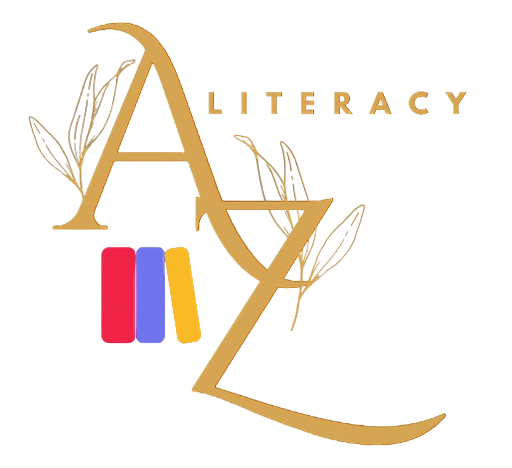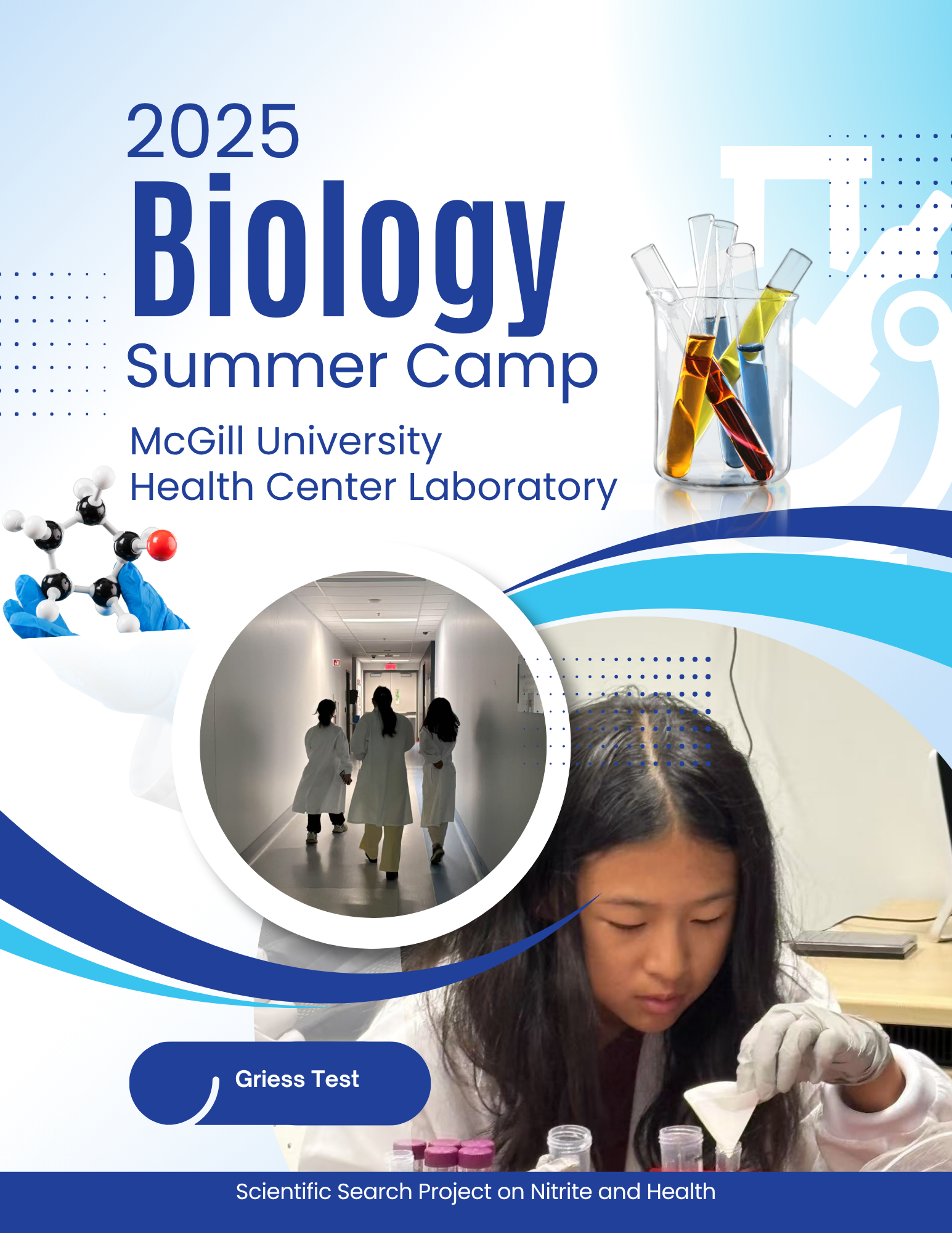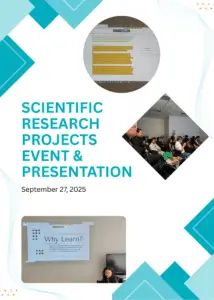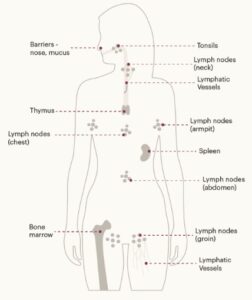July 19-20, 2025
As part of 2025 Biology Summer Camp, I visited the McGill University Health Center Technical Platforms on July 19 and 20, 2025, where I conducted my first biology experiment in a real laboratory setting.
The camp project is to conduct scientific research on nitrite and health via biology experiment. Prior to visit the laboratory, we designed a scientific project using the Griess Test to analyze nitrite levels in a specifici food samples. What I chose are turkey breast, fresh pork shank, diffent brands of canned lunchon meat and sausage.
During this experiment, I found that most of my samples were the same clear colour and there was not a lot of variation. I think that this means that the two types of samples: refrigerated and canned, had almost the same amount of nitrites.
Some of the skills I learned included learning how to use specific scientific tools and make accurate measurements (pipettes, well plate, mmol.) and how to record the information that I got so that I could use it later. I also learned how to properly handle the different chemicals, or reagents, and test tubes, using gloves, lab coats, and other safety procedures.
This experiment helped me learn that the Griess method experiment is very useful when used on foods with a high variation of nitrites, and also that some foods have low levels of nitrite no matter how they are packaged based on the type of processed meat (sausage, ham, salami, bacon, etc.). I also learned that food safety for nitrite consumption is pretty safe, as in my samples, the nitrites in both raw meats and canned were similar.
After using the Griess method in a lab and using different scientific tools, I believe my strengths in lab skills include: finishing the task given quickly and efficiently, writing down important information, understanding instructions, and helping others to complete their work. I think I could improve my work by coming up with more interesting and deeper research questions that haven’t really been researched yet and doing more background research on the Griess method, its components, and how it works.
Overall, this experience taught me that data analysis/interpretation, problem solving skills, critical thinking, understanding the chemicals involved, and being able to carry out instructions efficiently is an important part of science and lab work.




